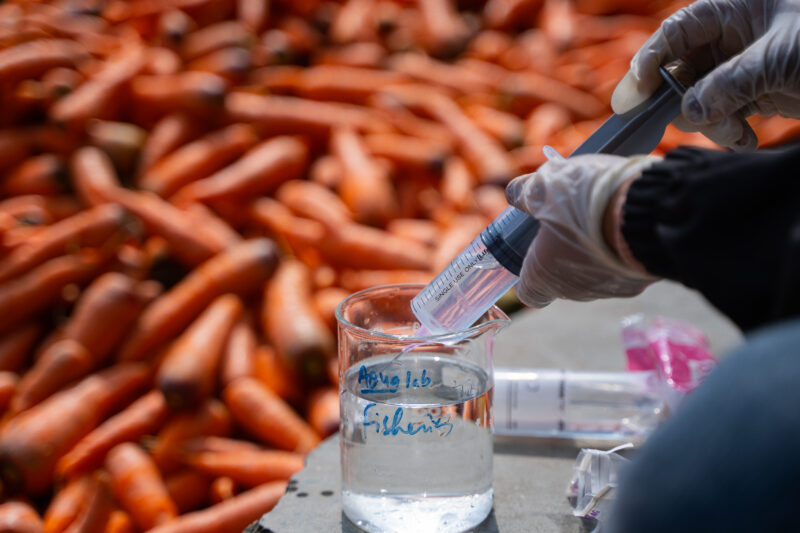
A splash of irrigation water in a field, a rinse at the market, a thorough wash of salad vegetables before a meal: all three are moments when water contaminated with foodborne pathogens can turn nutrient-rich produce into a vehicle for foodborne illness. A nationwide study of contamination in the water sources used by growers, vendors and consumers in Nepal underscores the pressing need for policies and programs to increase the safety of water used in Nepal’s food systems.
“It is important for dietary diversity and nutrition to consume fresh produce, but raw produce poses a risk of foodborne illnesses,” said lead author Aditya Khanal, associate professor in the Department of Agricultural and Environmental Sciences at Tennessee State University. “Identifying barriers to fresh produce safety, such as water quality, can inform policies and investments to reduce foodborne illness.”

